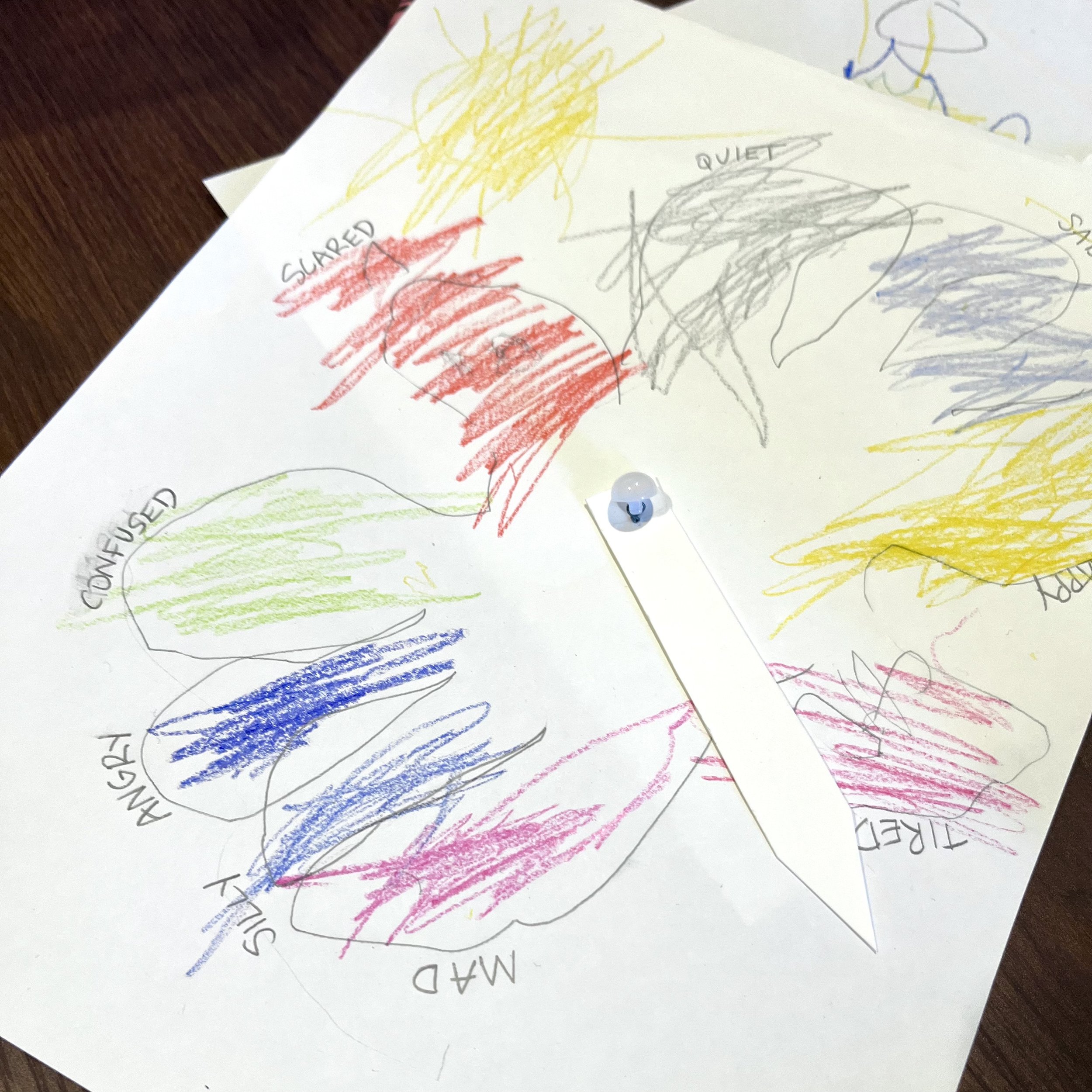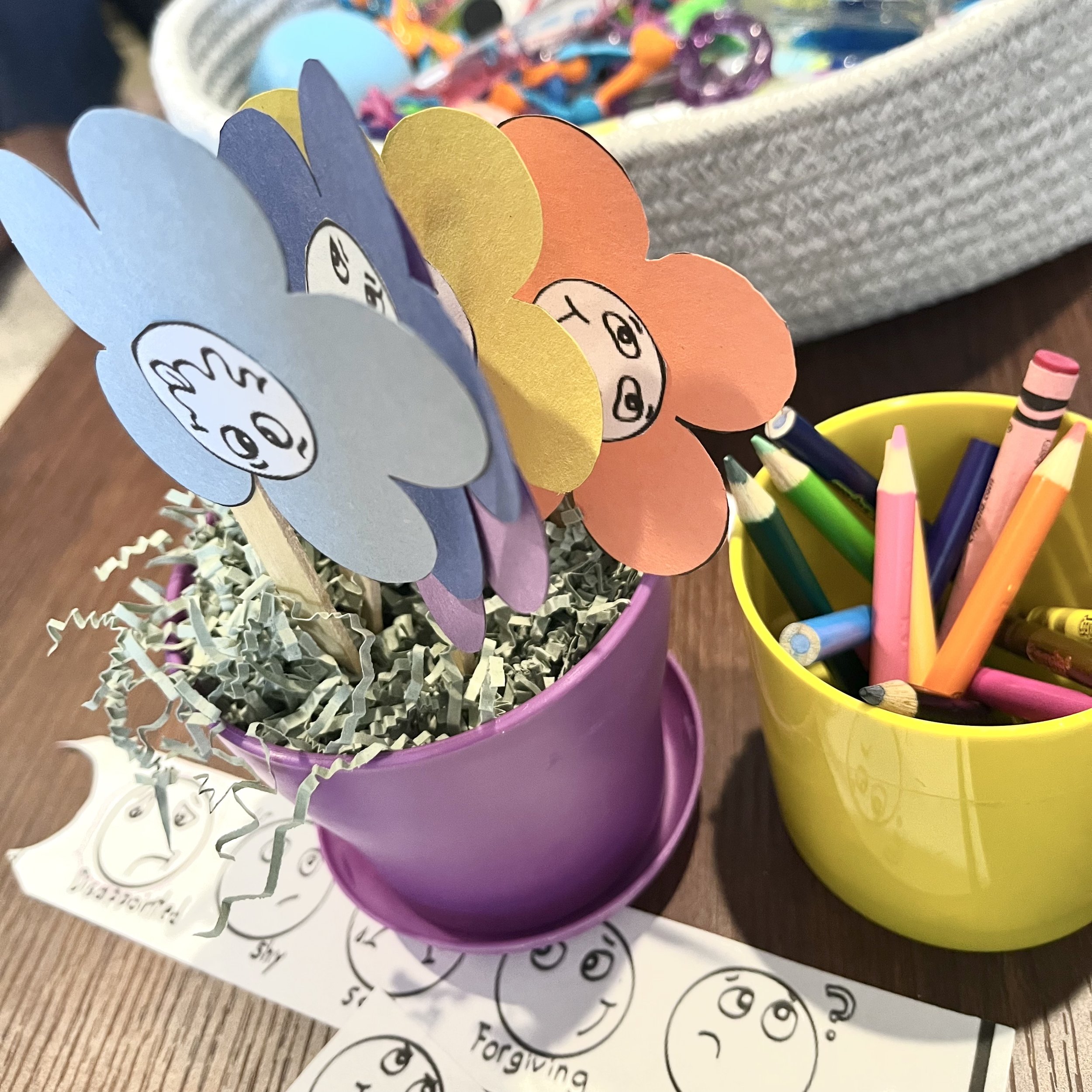Grief Counseling
We help children, teens, and young adults (6y-24y) who are grieving due to:
death
anticipated death
sudden/unexpected death
hospice
chronic illness
loss of normalcy
divorce
Very young grieving children are best supported by their parent/caregiver.
We are here to provide education, coaching, and assistance that empowers caring adults to support very young children.
You’re here because you’re hurting or someone you love is hurting. Grief is painful and unpredictable and difficult. Even if you can’t see it, there is hope and we can help.
Grief is the word used to indicate the experience of one who has lost a loved one due to death.
Mourning is the word applied to the process that one goes through in adapting to the death of a loved one.
Bereavement defines the loss to which the person is trying to adapt and the experience of having lost someone close.
In grief counseling we explore and discuss all of these and the various feelings, physical sensations, thought patterns, and behaviors that are uniquely experienced by those who are bereaved.
Common feelings: sadness, anger, blame, guilt, anxiety, loneliness, fatigue, helplessness, shock, yearning, emancipation, relief, numbness
Common physical sensations: tightness in the chest, tightness in the throat, pit in the stomach, oversensitivity to noise, short of breath, muscle weakness, lack of energy, dry mouth
Common thought patterns: disbelief, confusion, preoccupation/rumination, sense of presence, hallucinations
Common behaviors: sleep disturbances/nightmares, eating disturbances, absentmindedness, social withdrawal, dreams of the deceased, avoiding reminders of the deceased, searching/calling out, sighing, restlessness, crying, going places or carrying objects that are reminders of the deceased
You are not alone. Your children are not alone. The overall goal of grief counseling is to help clients adapt to the loss of the loved one and be able to adjust to the new reality without their loved one.
We provide supportive grief counseling to adults, teens, and children as young as six years old. We use a variety of techniques rooted in research and supported by evidence.
Most people link grief to the physical death of a loved one and that is the reason most people seek grief counseling. We want to provide some information on two additional categories of loss that are typically overlooked, yet can cause lasting effects on both children and adults.
Anticipatory Grief - This is grief that occurs in anticipation of future loss. Anticipatory grief commonly occurs in the case of life-limiting illness. Many children and adults benefit from the opportunity to express their feelings and concerns about adjustment even if not directly expressing them to significant others until death is pending or has taken place. Intervention when death is anticipated can prevent problems from developing later.
Symbolic Loss - This is grief due to causes other than death, such as loss of relationships, loss of intact systems, and loss of dreams for the future. Death is acknowledged; symbolic loss is often not. Examples of symbolic loss are
reaction to divorce
foster care placement
job loss, demotion, or retirement
diagnosis of a child, parent, or partner with a serious illness or disability
children leaving home
amputation and limb loss
miscarriage and stillbirth - while certainly losses due to death, these deaths are often described as symbolic because they often go unacknowledged by others
loss of ability
“Good mourning promises children a mastery of understanding and a freedom of expression that serves them as they face any loss throughout life.”

A feelings game made by a 4y old after tracing her hands, coloring the fingers, and labeling the colors with feelings.

Sand tray completed by a 13y old describing the day his parent died. "My emotions kept spilling over."

An activity we call a Feelings Garden which allows a child to discuss the mixed up feelings they may feel all at once.
Certified Grief Counselors specialize in work with clients who are coping with profound loss — whether this is the death of a loved one, a debilitating injury, terminal illness, divorce, or other significant personal bereavements.
The role of professional grief counselors seeks to help clients come to the realization of their loss or change, and guide them through their emotions, sometimes intense, to adapt and adjust in a healthy manner.
We are trained in concepts of death, dying, and mourning, attachment theory, stages and tasks of grief, care of the bereaved, processes of mourning, and grief throughout childhood. All Certified Grief Counselors are certified through the American Academy of Grief Counseling via the American Institute of Health Care Professionals.


